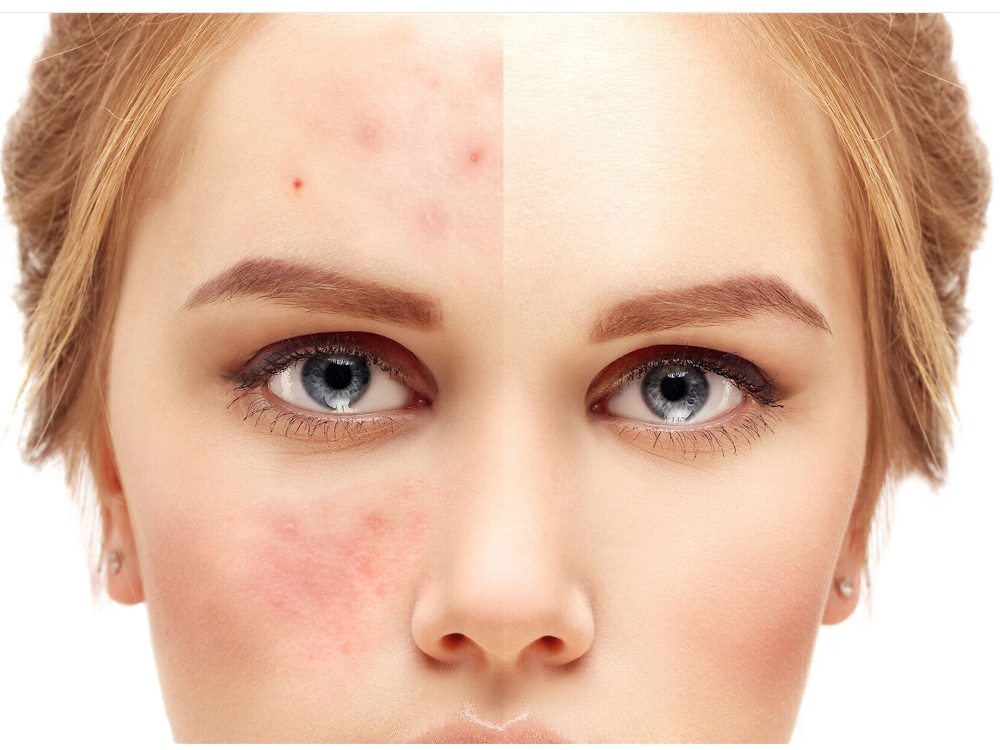If I have sensitive skin, can I still use a retinol product?
Retinol, a derivative of vitamin A, is a powerhouse ingredient in the skincare world that is highly sought after for its ability to combat signs of aging. It's been proven to effectively reduce the appearance of fine lines and wrinkles, improve skin texture and promote collagen production, among other benefits. However, retinol is not without its drawbacks. For people with sensitive skin, it can be too harsh and cause irritation, making it a less-than-ideal option.
 If you have sensitive skin, there are still ways you can incorporate retinol into your skincare routine, but you will need to proceed with caution and follow some precautions to avoid irritation. One important thing to keep in mind is to start with a low concentration product, typically around 0.1% or less, if you're new to using retinol. This will allow your skin to get acclimated to the product without overwhelming it with too much of the ingredient.
If you have sensitive skin, there are still ways you can incorporate retinol into your skincare routine, but you will need to proceed with caution and follow some precautions to avoid irritation. One important thing to keep in mind is to start with a low concentration product, typically around 0.1% or less, if you're new to using retinol. This will allow your skin to get acclimated to the product without overwhelming it with too much of the ingredient.
It's also important to use retinol sparingly. Only a small amount, such as a pea-sized amount for the entire face, should be used to avoid over-exfoliating and irritating the skin. Another precaution to take is to apply retinol at night and follow up with a broad-spectrum sunscreen during the day, as retinol can make your skin more sensitive to the sun.
Retinol can also be drying, so it's essential to moisturize to help soothe and hydrate the skin. Be mindful of other exfoliating products you may be using, such as scrubs or chemical exfoliants, while using retinol. These products can increase the risk of irritation and sensitivity, so it's best to avoid them altogether or use them sparingly.
It's important to understand that some people with very sensitive skin may not be able to tolerate retinol at all. If you experience persistent redness, itching, or peeling, it's best to discontinue use and consult with a dermatologist. With proper precautions and use, retinol can still be a valuable addition to your skincare routine, even for those with sensitive skin.

